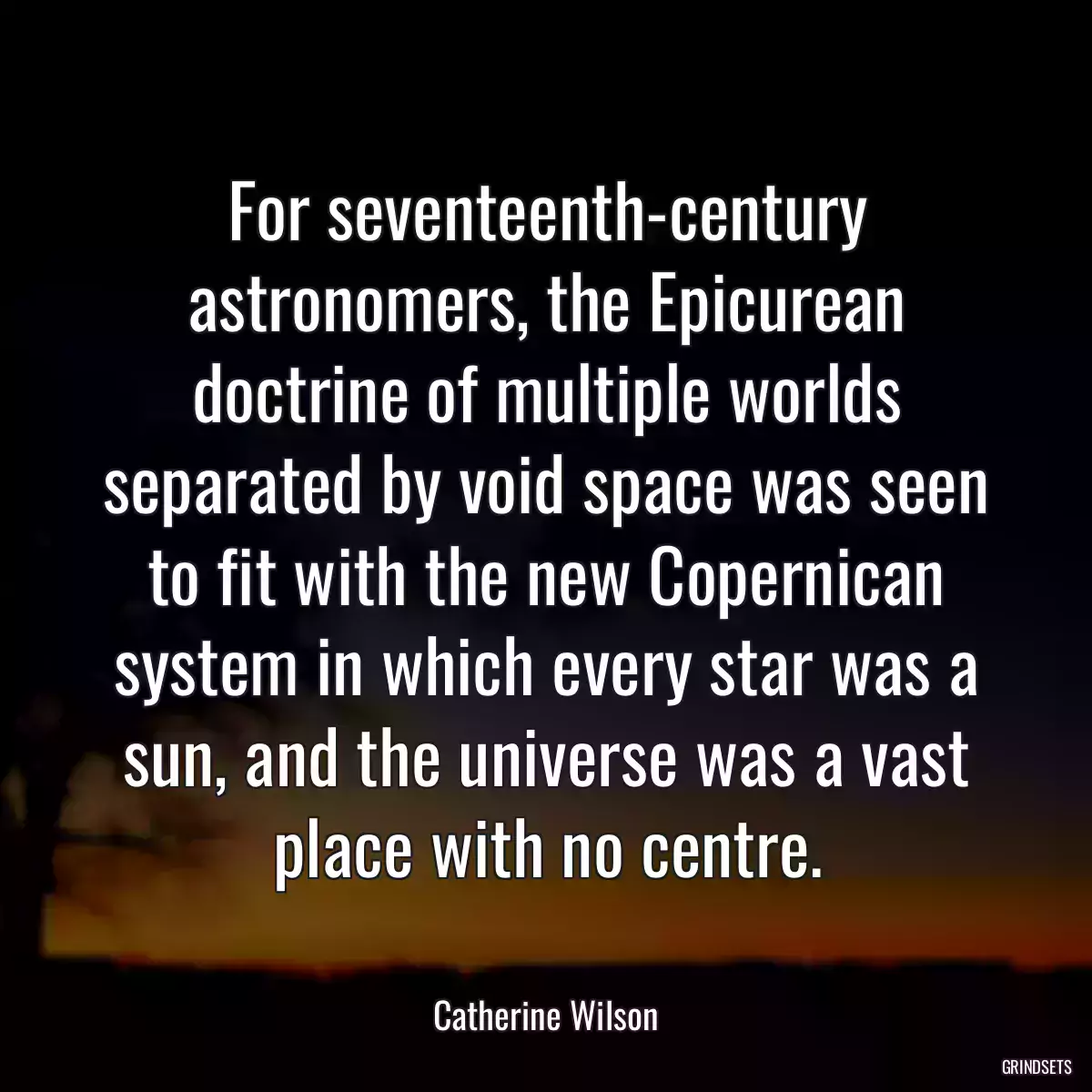
For seventeenth-century ...

More phrases
An "I know what I like" mentality is hard to shake, but of course appreciation has space for being challenged.
Ryan Gander
SHUCHU RYOKU - Focus all your energy to one point.
Gozo Shioda
The warrior knows that the most important words in all languages are the small words. Yes. Love. God. They are words that are easy enough to say and which fill vast empty spaces.
The Warrior lives a life full of adventure, living on the edge of opportunity. Life on the edge keeps him in a space of heightened awareness and totally in the moment; therefore no matter what comes his way he is always prepared.
James Arthur Ray
Seeing energy as it flows is an imperious need on the path of knowledge. Ultimately, all the effort of sorcerers is guided to that end. It is not enough for a warrior to know that the universe is energy; he has to verify it for himself.
Quotes from the same author
Order can arise from chaos without anyone or anything directing the process when unstable combinations of atoms perish and others persist. In the 17th century, Descartes applied this insight to cosmology, and long before Darwin presented his more rigorous ideas about variation and selection, people began to speculate more openly about the origins of life and the species in Epicurean terms.
Catherine Wilson
Aristotle saw nature as intelligent and purposive, whereas for the Epicureans, and the 17th century 'mechanical' philosophers, there is no intentionality in nature except where there are animal minds and bodies.
Catherine Wilson
About 70% of what I've written about is centered on the clashes and conformities between the emerging life and physical sciences and older metaphysical frameworks in the 17th and 18th centuries. The other 30% consists of one-off essays or researches into other intriguing contemporary topics such as visual experience, aesthetics, social justice issues, and the epistemology of moral knowledge.
Catherine Wilson
We are now returning to the 18th century empirical approach with the new interest in the evolutionary basis of ethics, with 'experimental' moral philosophy and moral psychology. As a result, we understand better why moral formulas are experienced as ineluctable commands, even if there is no commander and even if the notion of an inescapable obligation is just superstition. So moral philosophy has made huge progress.
Catherine Wilson
People should be able to develop their abilities and interests and have access to such goods as friendship, artistry, and nature and a political voice. It's possible to be poor and yet have all this, but in a polarized society, and one where culture and adventure have been thoroughly monetised, it is a lot more difficult.
Catherine Wilson